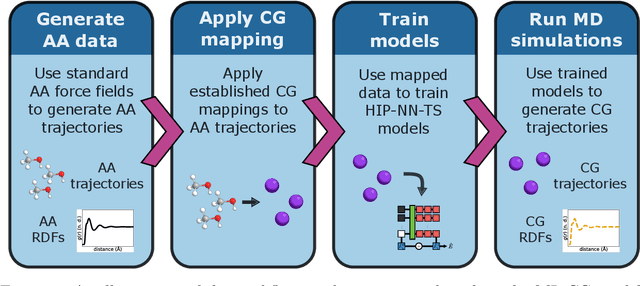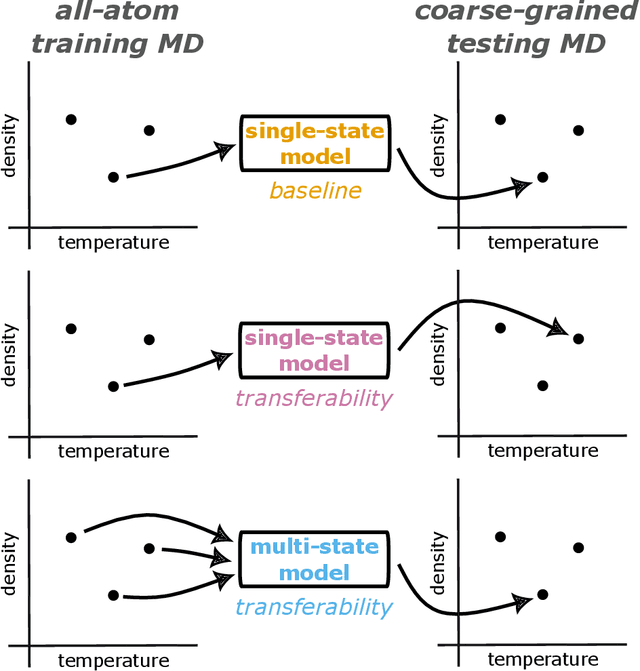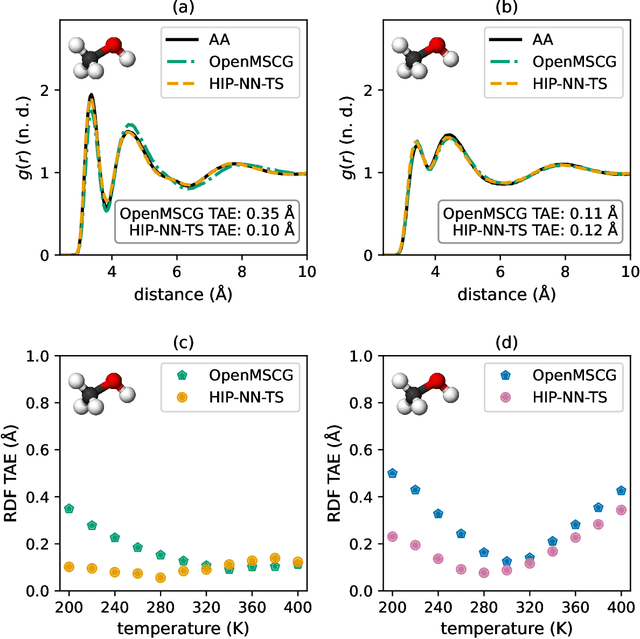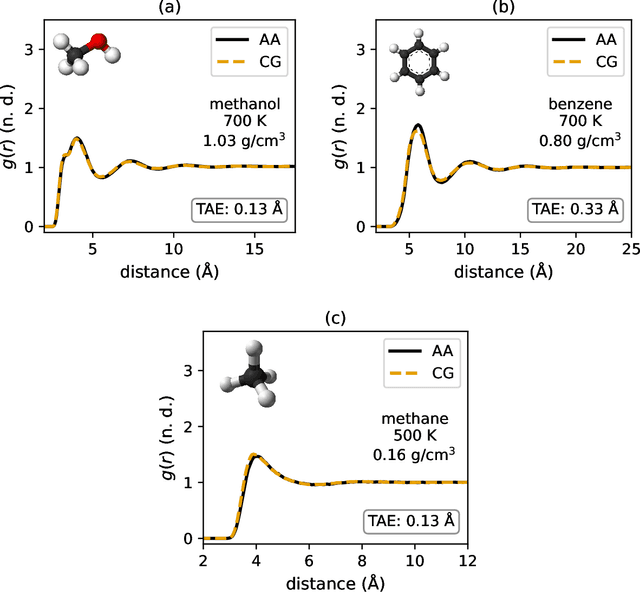Brendan Gifford
Regularization via f-Divergence: An Application to Multi-Oxide Spectroscopic Analysis
Feb 06, 2025



Abstract:In this paper, we address the task of characterizing the chemical composition of planetary surfaces using convolutional neural networks (CNNs). Specifically, we seek to predict the multi-oxide weights of rock samples based on spectroscopic data collected under Martian conditions. We frame this problem as a multi-target regression task and propose a novel regularization method based on f-divergence. The f-divergence regularization is designed to constrain the distributional discrepancy between predictions and noisy targets. This regularizer serves a dual purpose: on the one hand, it mitigates overfitting by enforcing a constraint on the distributional difference between predictions and noisy targets. On the other hand, it acts as an auxiliary loss function, penalizing the neural network when the divergence between the predicted and target distributions becomes too large. To enable backpropagation during neural network training, we develop a differentiable f-divergence and incorporate it into the f-divergence regularization, making the network training feasible. We conduct experiments using spectra collected in a Mars-like environment by the remote-sensing instruments aboard the Curiosity and Perseverance rovers. Experimental results on multi-oxide weight prediction demonstrate that the proposed $f$-divergence regularization performs better than or comparable to standard regularization methods including $L_1$, $L_2$, and dropout. Notably, combining the $f$-divergence regularization with these standard regularization further enhances performance, outperforming each regularization method used independently.
Thermodynamic Transferability in Coarse-Grained Force Fields using Graph Neural Networks
Jun 17, 2024



Abstract:Coarse-graining is a molecular modeling technique in which an atomistic system is represented in a simplified fashion that retains the most significant system features that contribute to a target output, while removing the degrees of freedom that are less relevant. This reduction in model complexity allows coarse-grained molecular simulations to reach increased spatial and temporal scales compared to corresponding all-atom models. A core challenge in coarse-graining is to construct a force field that represents the interactions in the new representation in a way that preserves the atomistic-level properties. Many approaches to building coarse-grained force fields have limited transferability between different thermodynamic conditions as a result of averaging over internal fluctuations at a specific thermodynamic state point. Here, we use a graph-convolutional neural network architecture, the Hierarchically Interacting Particle Neural Network with Tensor Sensitivity (HIP-NN-TS), to develop a highly automated training pipeline for coarse grained force fields which allows for studying the transferability of coarse-grained models based on the force-matching approach. We show that this approach not only yields highly accurate force fields, but also that these force fields are more transferable through a variety of thermodynamic conditions. These results illustrate the potential of machine learning techniques such as graph neural networks to improve the construction of transferable coarse-grained force fields.
 Add to Chrome
Add to Chrome Add to Firefox
Add to Firefox Add to Edge
Add to Edge